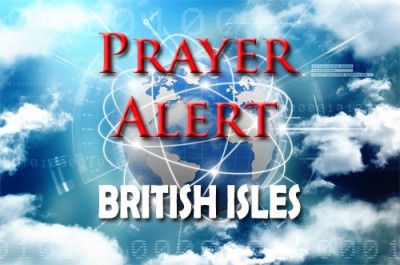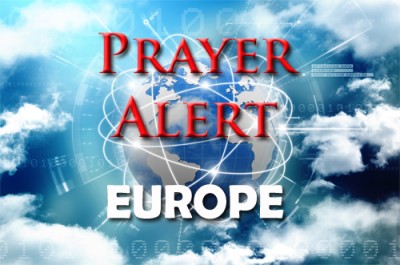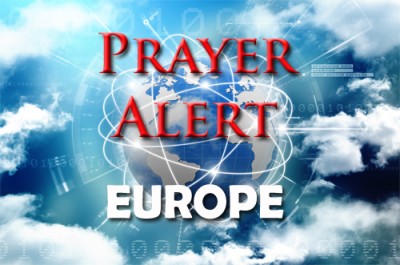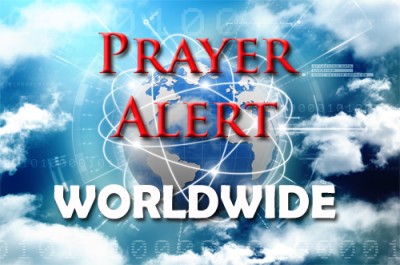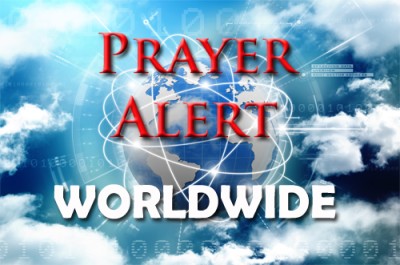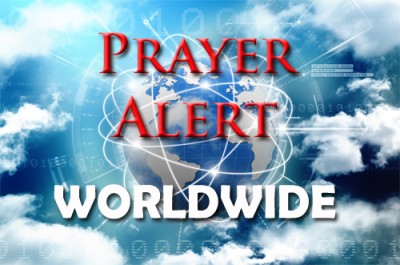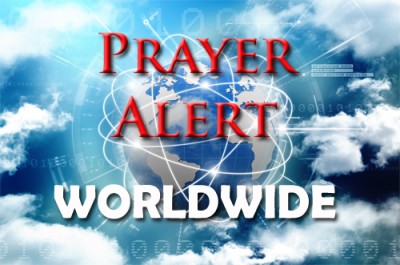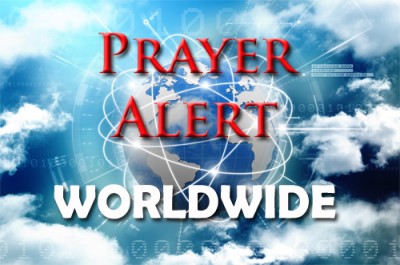World's largest trees 'thriving in UK'
14 Mar 2024Giant redwoods, the world's largest trees, are thriving in the UK, surpassing their native numbers in California. Introduced by the Victorians as a symbol of botanical prestige, there are an estimated 500,000 giant redwoods in the UK, compared to California's 80,000. While not yet reaching the heights of their American counterparts - the tallest in the UK measures 54.87m compared to California's 90m - they have the potential to grow taller over time, as they can live for over 2,000 years. When researchers conducted a study on these trees, using laser scanning to measure their growth, they found they were growing at a similar rate to those in Sierra Nevada and adapting well to the UK climate. While the giant redwoods face climate change threats in California, they may find a more hospitable environment in the UK. However, despite their success, they are not likely to dominate native forests, as they require specific conditions for reproduction.
Ukraine: drone attacks on Russian oil refineries
14 Mar 2024On 12 and 13 March, Ukraine conducted heavy drone attacks on several Russian oil refineries, seriously damaging one and causing a fire at another, in one of the most serious attacks against Russia's energy sector in recent months. Oil prices rose 2% partly due to concerns about supply disruption following the attacks which Vladimir Putin said were an attempt to disrupt his country's presidential election this week. Russia and Ukraine have both used drones to strike critical infrastructure and military targets, with Kyiv stepping up attacks on Russian refineries and energy facilities in recent months. Ukraine's SBU security service claimed responsibility for the strikes, stating that they aim to weaken Russia's economic strength. The attacks targeted key sources of Russia's income, potentially reducing gasoline and diesel output. Ukrainian forces also targeted a Russian airbase and military airfield. The escalation underscores the intense conflict between the two nations and the potential economic impact of attacks on Russia's energy infrastructure.
Lithuania: attack on Navalny aide
14 Mar 2024Lithuania has blamed Moscow for a brutal hammer attack on Leonid Volkov, a close aide to the late Russian opposition leader, Alexei Navalny, outside his home in Vilnius. Volkov sustained injuries, including a broken arm, in the assault. The Lithuanian president has condemned the attack as a planned provocation, challenging Vladimir Putin's regime. Lithuanian authorities are intensively investigating the incident, attributing it to Moscow's efforts to influence the upcoming presidential election. Volkov has vowed to continue the opposition's struggle against Putin despite the attack. This assault marks the latest in a series of threats and violence against Navalny's allies living abroad, following his recent death in custody. His widow, Yulia Navalnaya, has urged the West not to recognise Russia's upcoming presidential election results, denouncing Putin as a usurper and murderer.
Israel / Gaza: first maritime aid shipment
14 Mar 2024A ship carrying humanitarian aid to Gaza has left Cyprus, marking the first maritime shipment of aid to the war-torn region. It aims to deliver 200 tons of food aid, equivalent to around 500,000 meals, directly to Gaza. The initiative comes amidst growing concerns over famine and malnutrition in the enclave, exacerbated by Israel's restrictions on aid distribution. However, concerns persist regarding the effectiveness of maritime and air-dropped aid compared to traditional deliveries by truck. The ongoing efforts are critical as Gaza faces acute shortages of essential supplies, with rising numbers of children dying from malnutrition and dehydration. Israel has been accused by humanitarian officials of arbitrary and contradictory criteria regarding access. In another development, the US senate majority leader has called for Benjamin Netanyahu to step down: see
Haiti: uncertainty after PM’s resignation
14 Mar 2024Haiti faces uncertainty after prime minister Ariel Henry's resignation, welcomed by Haitians amid escalating gang violence. Henry, stranded in Puerto Rico, pledged to resign once a transition council and temporary leader were chosen. US officials, after talks in Jamaica, expect the council to be appointed soon. Acting prime minister Michel Boisvert has signalled his willingness to facilitate an orderly transition. Port-au-Prince shows signs of improved security; the streets are quiet and the main cargo port has been reopened, though the airport remains closed. One of Haiti’s largest TV stations has left its headquarters, citing the insecurity. In another potential setback, the plans to deploy Kenyan police officers for a UN-backed security mission are on hold pending a new interim government. Haitians hope for stability as they await a new leadership amidst ongoing challenges.
Iraq: new church at historic site of Ur
14 Mar 2024A bell has chimed for the first time at Ibrahim Al-Khalil Church in Ur, heralding its upcoming inauguration and marking a significant step in the region's religious and cultural landscape. The church, part of a larger complex honouring Abraham, aims to revive pilgrimage to the historic site and encourage the return of Christians to Iraq. It symbolises interfaith dialogue and offers a space for worship, social gatherings, and cultural activities. Designed with elements reflecting spirituality and history, the church hopes to attract tourists and strengthen ties between Muslims, Christians, and other minorities. Amidst challenges of war and sectarian violence, its completion signifies a new chapter, emphasising dialogue and reconciliation. With optimism for Iraq's reconstruction, the project's completion signals hope for a peaceful future, echoing the Pope’s message of peace and outreach amidst regional tensions.
Sudan's army has reclaimed the state broadcaster's headquarters in Omdurman, marking a symbolic victory in its eleven-month civil war against the Rapid Support Forces (RSF). The RSF had held the building since the conflict began but had not been able to transmit from it; state television has continued to show pro-army content, broadcast from elsewhere in the country. Despite UN calls for a ceasefire during Ramadan, intense fighting has continued in several parts of Khartoum. This recapture signifies a major setback for the RSF, which had used the headquarters as a stronghold. The conflict, stemming from disagreements between military and RSF leaders over a political transition to civilian rule, has displaced millions, devastated Khartoum, and triggered ethnic violence in Darfur. International efforts to broker peace have faltered, and the humanitarian toll remains dire, with warnings of growing hunger and continued displacement.
South African police have arrested a suspect following the murder of three Egyptian priests on 12 March. The Coptic Orthodox Church said that they had been subjected to a criminal attack in a monastery in Cullinan. The 35-year-old man is expected to appear before Cullinan magistrates' court on 14 March. All three victims were found with stab wounds, while a fourth victim who survived said that he was hit on the hand by an iron rod before fleeing and hiding in one of the rooms. The police said the suspect left without taking any valuable items or properties from the place, and his motive is unknown at this stage.
